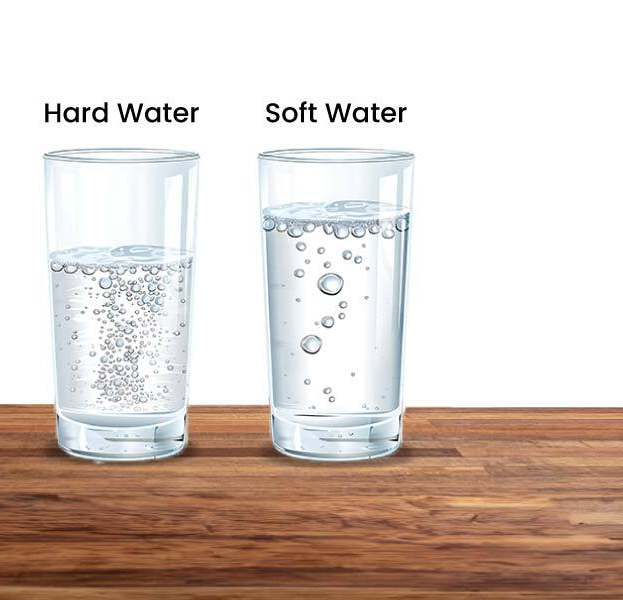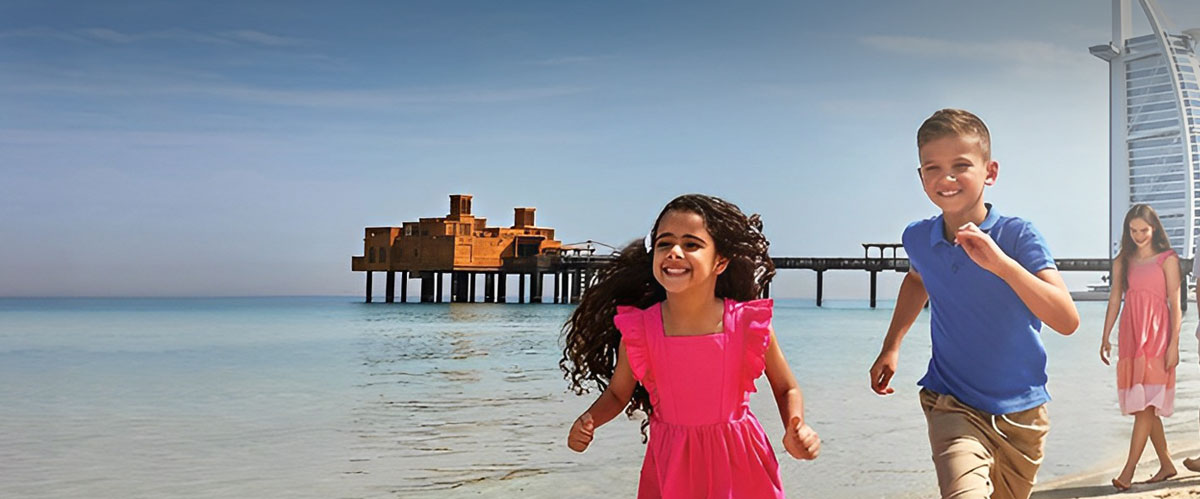Now Reading: Is Hard Water Destroying Your Home? Install This Simple Fix 2025
-
01
Is Hard Water Destroying Your Home? Install This Simple Fix 2025
Is Hard Water Destroying Your Home? Install This Simple Fix 2025

Table of Contents
Hard Water If you’ve ever dealt with stiff laundry, white scaling on your taps, or dry, itchy skin after a bath, chances are you have hard water running through your pipes. While hard water may seem harmless, its long-term effects on your home, appliances, and health can be costly. That’s why more homeowners are turning to water softener systems a simple, long-term solution to tackle hard water problems head-on.
This article breaks down what a water softener system is, how it works, its benefits, and why now might be the right time for you to consider installing one in your home.
What Is a Water Softener System?
A water softener system is a home appliance designed to remove minerals like calcium and magnesium from hard water. These minerals are responsible for scale buildup in pipes, stains on bathroom fittings, and inefficient performance of water-using appliances like geysers, washing machines, and dishwashers.
The most common type is the ion-exchange softener, which swaps hardness ions (calcium and magnesium) with sodium or potassium ions, making the water “soft.”
There are also salt-free water softeners, which use a different process called Template Assisted Crystallization (TAC) that neutralizes hard water minerals without removing them, making them less likely to cause scale buildup.
Why Hard Water Is a Hidden Problem
Hard water affects over 70% of Indian households, especially in metro cities where groundwater is the primary source. While it is not a health hazard, hard water can lead to several everyday inconveniences:
- White spots and scale buildup on taps, showerheads, and tiles
- Faded clothes and rough laundry after washing
- Inefficient appliances that use more electricity due to scale deposits
- Dry skin and hair issues, particularly for children and the elderly
Over time, the buildup of scale in pipes can reduce water flow and even lead to plumbing damage. That means frequent repairs and replacements—an expense that could be avoided with a water softener.
Benefits of Installing a Water Softener System
- Improves Appliance Efficiency
Appliances like geysers, washing machines, and water heaters work more efficiently when using soft water. You save on energy bills and extend the life of your machines. - Reduces Scale Buildup
Soft water prevents the white chalky deposits seen on faucets, tiles, and bathroom fittings. It keeps your home cleaner with less effort. - Better Skin and Hair Health
Hard water strips away natural oils from skin and hair. Soft water helps maintain softness, reducing dryness and irritation. - Softer, Brighter Clothes
Soft water helps detergents dissolve better, resulting in cleaner, brighter laundry and softer clothes. - Lower Soap and Detergent Use
Soft water produces more lather, allowing you to use less soap, shampoo, and detergent—saving you money over time.
Different Types of Water Softener Systems
There is no one-size-fits-all when it comes to water softeners. Choosing the right type depends on your water hardness level, family size, and specific needs.
1. Whole House Water Softener
Ideal for medium to large homes, this system is installed at the main water entry point. It softens water for the entire house bathrooms, kitchen, washing machine, and more.
2. Under-Sink Water Softener
A compact solution mainly used in kitchens. It is easy to install and ideal for homes with limited space or for renters.
3. Shower Water Softener
This is a portable option that can be attached to shower heads. It mainly benefits skin and hair by removing harsh minerals during bathing.
4. Magnetic or Electronic Descalers
These are non-traditional devices that claim to alter the structure of hard water minerals to prevent scale. However, their effectiveness is still debated among experts.
How to Choose the Right Water Softener
Before buying, you should test your water’s hardness level, which is measured in parts per million (ppm) or grains per gallon (gpg). Anything above 120 ppm is considered hard water.
Next, consider the following:
- Water usage: Larger families need systems with higher grain capacities.
- Maintenance: Some systems require regular refilling with salt, while others are salt-free and lower maintenance.
- Installation location: Do you have space near your main water line or under the sink?
Many popular brands in India like Kent, 3M, ZeroB, and Aquaguard offer customized solutions for different home sizes and budgets.
Cost and Maintenance
The price of a residential water softener in India ranges from ₹8,000 to ₹45,000, depending on the capacity and technology. Whole house softeners are on the higher end, while under-sink models are more affordable.
Regular maintenance typically includes:
- Salt refilling for ion-exchange models every few weeks or months
- Filter replacement every 6–12 months for some models
- Occasional servicing to flush the system and ensure optimal performance
Though this adds a bit to your utility costs, the long-term savings on plumbing, appliances, and personal care products make it worth the investment.
Environmental Considerations
While water softeners bring numerous benefits, there are also some concerns, especially with traditional salt-based systems. The salt used in ion exchange can be harmful to the environment if not disposed of properly.
That’s why eco-conscious homeowners are now opting for salt-free alternatives, which are more sustainable but slightly more expensive.
Final Thoughts: Is It Worth It?
If your home suffers from the effects of hard water, a water softener system is more than just a luxury—it’s a necessity. Not only does it protect your appliances and plumbing, but it also improves your overall quality of life.
Considering the rising water hardness in urban areas and the growing awareness of hygiene and skincare, water softener systems are likely to become a standard feature in Indian households in the coming years.
Summary Checklist Before Buying a Water Softener:
- Test your water hardness level
- Assess your family’s water usage
- Choose the right capacity and type (whole house, under sink, etc.)
- Compare maintenance costs and salt vs. salt-free options
- Check warranty and brand credibility
A small change today can save you from big plumbing bills, frequent appliance replacements, and even skin problems tomorrow. If you’re facing hard water issues, it might be time to soften up literally.
Read More:- Shobha Realty Launches Its Most Luxurious Project Yet—Full Details Inside 2025





















